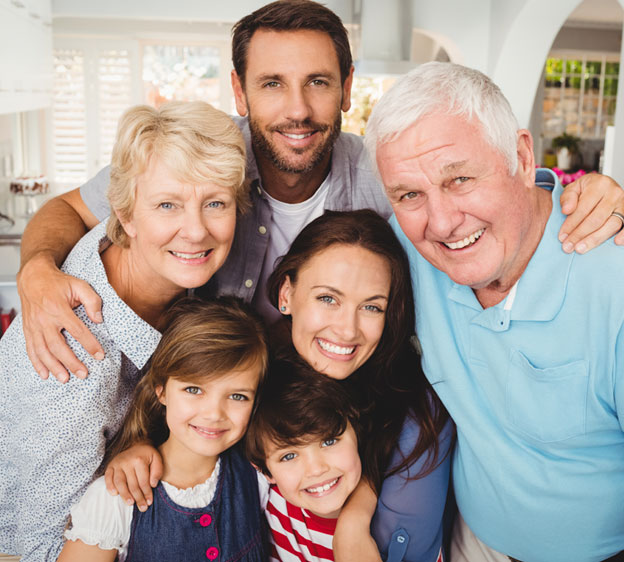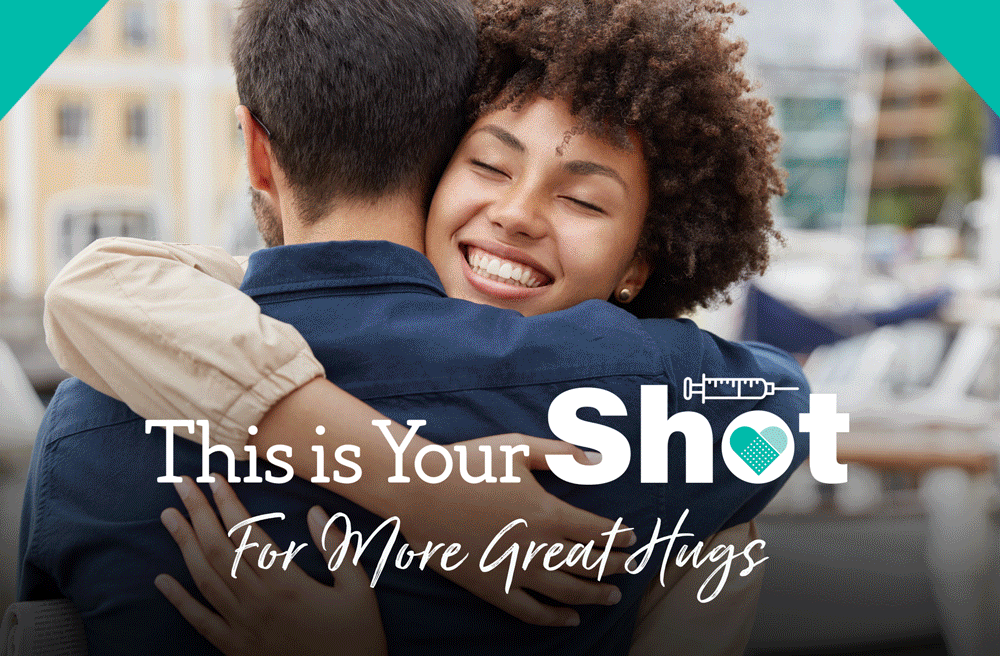Are We There Yet? Life After the COVID-19 Vaccine
April 13, 2021
As more COVID-19 vaccines become available, a “return to normal” no longer feels like a distant reality. If you have received both doses of the COVID-19 vaccine, you’re probably eager to get back to your pre-coronavirus life. However, we aren’t quite there yet. A larger percentage of the population needs to be vaccinated before that can happen, and you still need to play a role in minimizing virus spread.
After You Get the COVID-19 Vaccine
You are considered fully vaccinated if two weeks have passed since your second dose of either the Pfizer or Moderna vaccines or a single dose of the Johnson & Johnson vaccine.
According to Centers for Disease Control and Prevention (CDC) guidelines, once you’ve been fully vaccinated, you can:
- Gather indoors, without masks, with small groups of other people who are fully vaccinated
- Gather indoors with groups who live together, such as family, even if those people have not received the vaccine, as long as none of those people are at increased risk of severe COVID-19 illness
- Safely travel within the U.S. by plane, bus or train without a need to get tested before or after travel, or self-quarantine after travel
- Travel internationally without needing to get tested before leaving the U.S. (unless required by the destination) or self-quarantine after returning to the states
In addition, the CDC says fully vaccinated people no longer need to self-isolate if they come in contact with someone who has COVID-19 unless they show symptoms. However, fully vaccinated people who live in group settings should self-isolate for 14 days and get tested after being exposed to COVID-19, even if they don’t show symptoms.
Read More: How Can You Tell If You Have COVID-19?
Even if you are fully vaccinated, the CDC recommends continuing to follow COVID-19 protocols. These protocols will remain important until we reach herd immunity — when enough people are vaccinated that the virus poses little threat. Although the vaccines keep you from becoming ill enough to be hospitalized or die, it has not yet been proven that people who are fully vaccinated don’t spread COVID-19. If you need a refresher, that means:
- Avoiding crowds and large gatherings
- Maintaining 6 feet of distance from people not in your household
- Wearing a mask in public
Convincing Friends and Family to Get Vaccinated
Even if you were eager to get the COVID-19 vaccine as soon as you were able to, your friends and family may not be. The good news is that, according to a survey from the nonprofit Kaiser Family Foundation, people are more enthusiastic about getting vaccinated if a friend or family member has gotten the vaccine — evidence that peer pressure can be good in some situations. If you need help convincing someone close to you to get vaccinated, the CDC offers some suggestions:
- Be a good listener. There’s a lot of information — good and bad — circulating about the vaccines. Ask open-ended questions that help you understand why someone is hesitant about the vaccine and provide helpful, nonjudgmental answers.
- Share reputable information. Once you identify why the person is hesitant, offer your help finding information that might put his or her mind at ease. This is generally better than sending out unsolicited info. The CDC, your local health department or the person’s health care providers are all good sources.
Read More: Addressing Vaccine Concerns: Myth vs. Fact
- Help them find their “why.” Your loved one may have lots of reasons not to get vaccinated, but you can explain that getting the vaccine means more normalcy — visits with friends and family, less anxiety when going out, the ability to finally take a vacation. Those might be more compelling than their reasons for avoiding the vaccine.
- Help them schedule an appointment. For some people, the biggest reason for avoiding the vaccine may simply be not knowing how to schedule one or feeling overwhelmed by the process. You can help schedule the appointment or provide transportation or other logistics, such as childcare, if necessary — whatever they need to get the vaccine.
One word of caution: If you get vaccinated, don’t post your vaccine card on your social media accounts in an effort to encourage others to get the vaccine. Vaccine cards contain information, such as your date of birth, that can be used to steal your identity.
Need a COVID-19 vaccine? Book an appointment at our Port Royal clinic.

